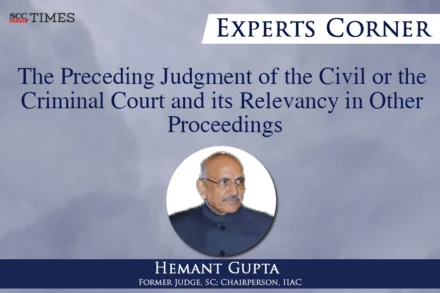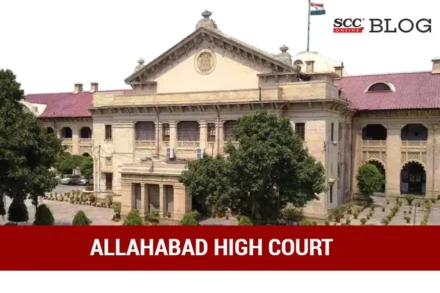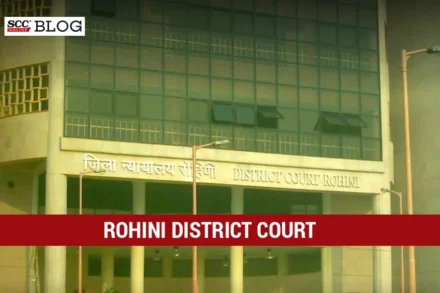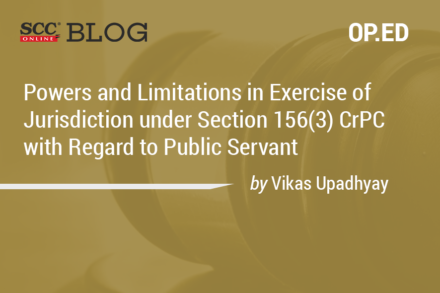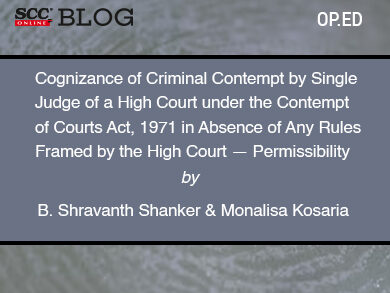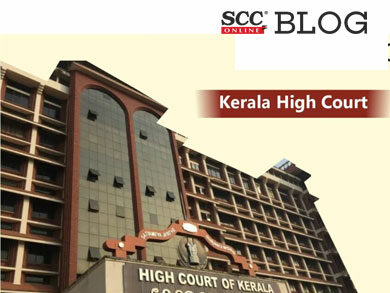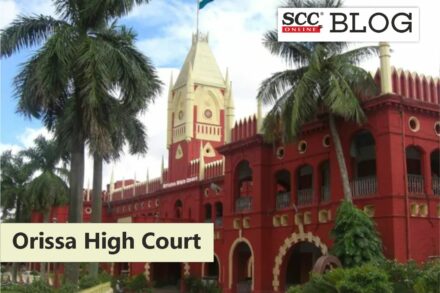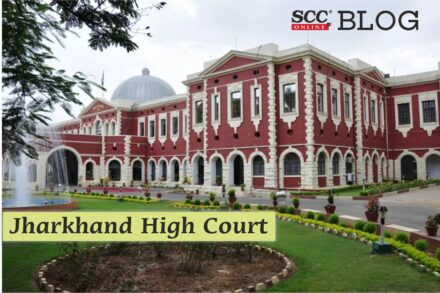
Interpreting S.468(3) CrPC in a way which considers relevant offences as one where summons is issued leads to absurdity; Delhi HC dismisses petition to quash complaint
“Limitation seeks to prevent abuse of process by filing vexatious and belated prosecutions. However, at the same time, Criminal Procedure Code, 1973 (‘CrPC’) is not blind to the problems faced by litigants and provides for extension of the limitation period in certain cases under Section 4731 of the CrPC. Thus, CrPC also ensures that interests of bona fide complainants are not affected.”



